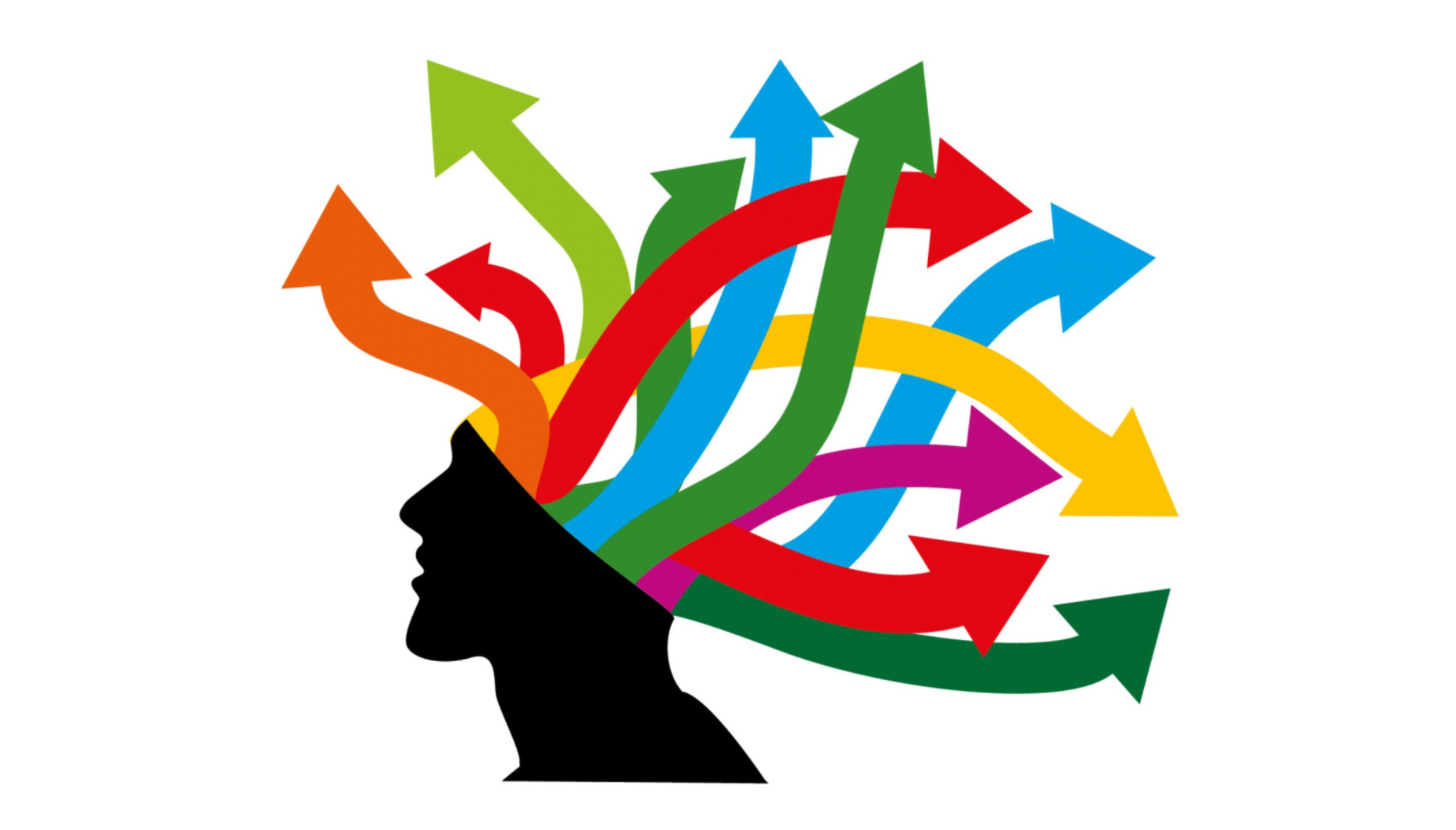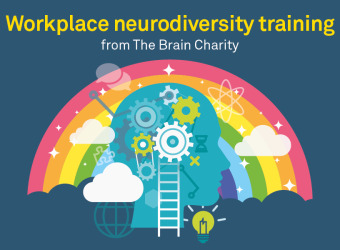
Neurodivergent, neurodiversity and neurotypical: a guide to the terms
Each person has a brain that is unique to them; no two brains are quite the same
What is neurodiversity?
Some people’s brains simply work in a different way.
For at least 20% of the UK’s adult population, these differences mean they are not seen as ‘neurotypical’ and may be diagnosed with neurological conditions such as autism spectrum condition (ASC), dyslexia and attention deficit hyperactivity disorder (ADHD).
In the 1990s, a term was coined to describe these differences: neurodiversity.
Neurodiversity is the concept that brain differences are natural variations – not deficits, disorders or impairments.
What does neurodivergent mean?
Neurodivergent was coined by the neurodiversity movement as an opposite to neurotypical.
The terms neurodivergent and neurodivergence are now used to describe all people whose neurological conditions mean they do not consider themselves to be neurotypical.
Who is neurotypical?
Neurotypicality is used to describe people whose brain functions, ways of processing information and behaviours are seen to be standard.
The label is used by neurodivergent people and the neurodiversity community to refer to anyone who does not have a neurological condition – particularly such as autism, ADHD and dyslexia.
Who is considered neurodiverse?
While some individuals do refer to themselves as neurodiverse, the term neurodiversity is most commonly now used to refer to a group which encompasses the full spectrum of brain differences and is made up of both neurodivergent and neurotypical individuals.
How neurodiversity is changing work
Hiring a neurodiverse workforce comes with huge benefits, and allows companies to access a wider talent pool.
Neurodiversity can empower the workplace and encourage creativity, new ideas and fresh perspectives. As well as their individual strengths, neurodivergent employees often possess highly desirable skills and attributes.
Neurodiversity training
The Brain Charity has now launched neurodiversity training to teach businesses about the benefits of neurodiversity in the workplace. Diversity is key to the development and progression of any organisation.
Find out more about The Brain Charity’s neurodiversity training here.
Categories: Advice, Employment, Neurodiversity
Published: 11 May 2022














